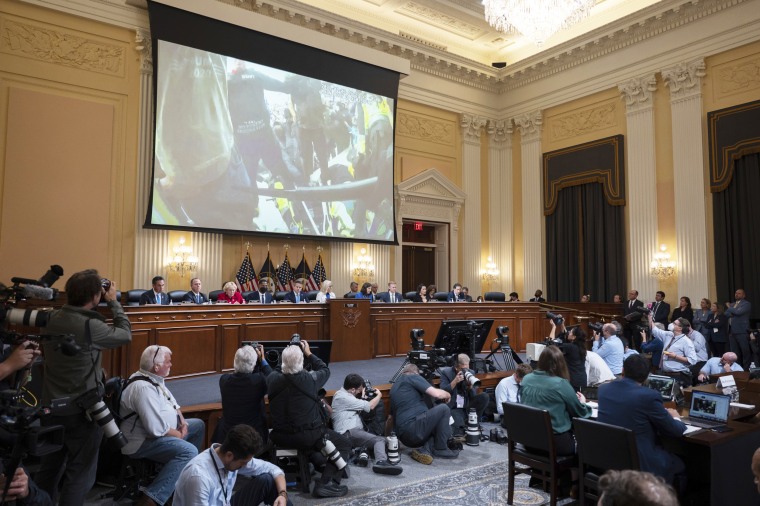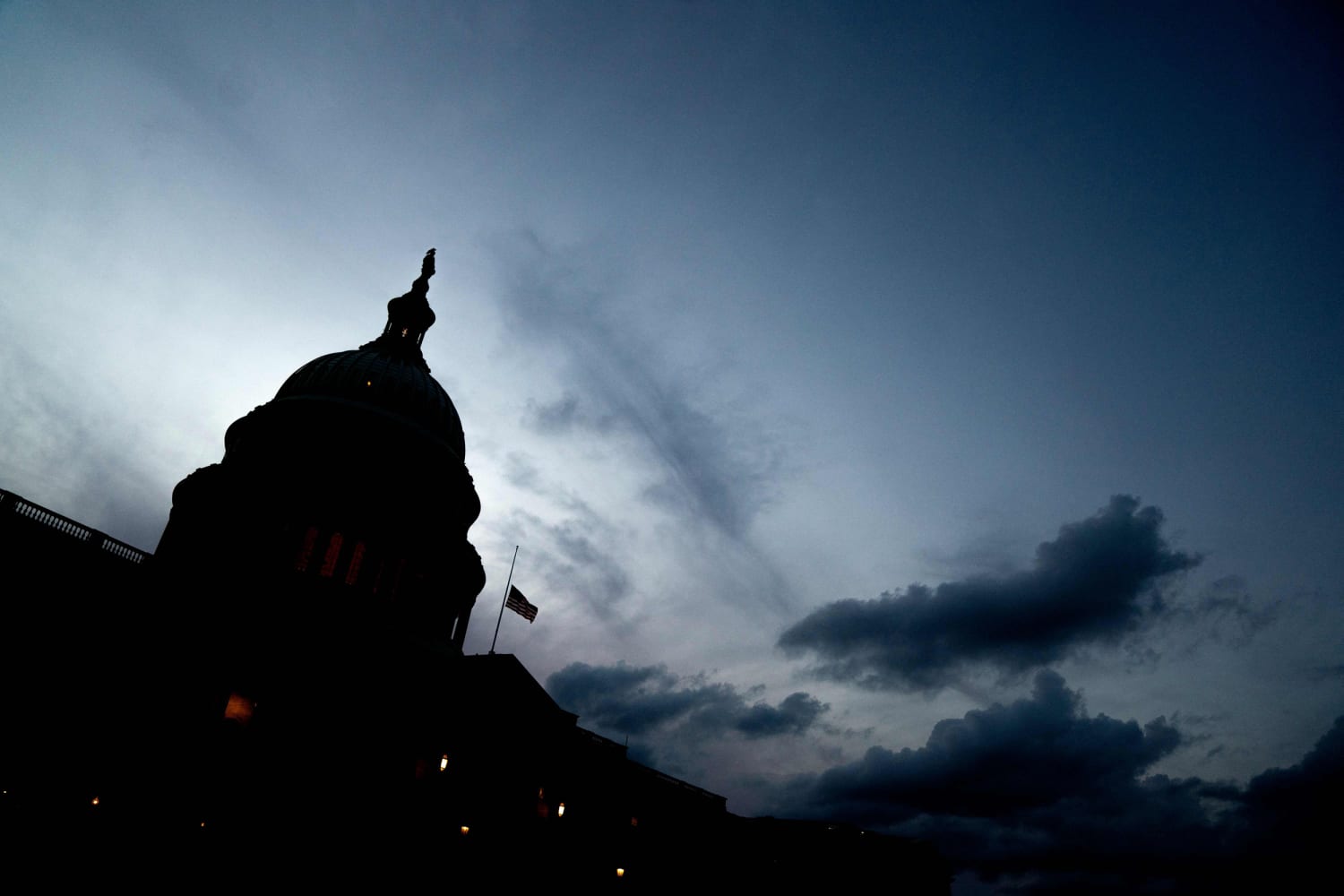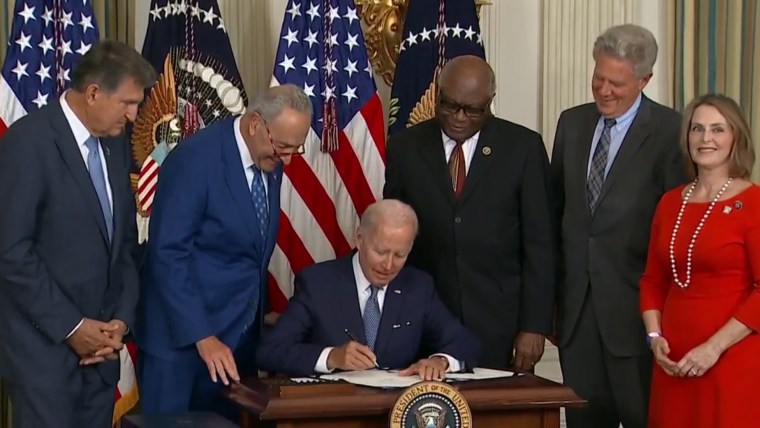WASHINGTON — Averting a government shutdown tops the list of priorities for Congress when it returns after a month-long August recess for a final push to the Nov. 8 midterm elections.
The Senate returned Tuesday. The House is back next week. If Democratic leaders have their way, Congress will break for most — if not all — of October to let lawmakers go home and campaign ahead of a high-stakes election that will decide which party controls Congress for the next two years.
But first, they need to resolve a number of issues.
“We have several high-priority items that demand our immediate attention,” Senate Majority Leader Chuck Schumer said Tuesday as he reconvened the chamber, emphasizing the need to keep the government open and confirm more judges.
Here are the biggest priorities:
Fund the government
Neither party wants to shut down the government right before the midterm elections, but there are a number of tricky issues the two sides will have to work out to avoid it.
Funding for the federal government runs out on Sept. 30, so lawmakers will be working furiously to pass a short-term, stopgap measure in the coming weeks that will keep the lights on in Washington past Election Day, likely until December.
Complicating matters is the fact that Democrats want to load up that continuing resolution, or CR, with some of their priorities. The Biden White House wants to attach a $47 billion package that includes $11.7 billion for additional Ukraine military and economic assistance, nearly $27 billion for efforts to fight Covid-19 and monkeypox, and $6.5 billion for relief for flooding, wildfires and other recent natural disasters.
Another issue that could hitch a ride on the CR is permitting reform legislation. To secure Sen. Joe Manchin’s vote on Democrats’ massive climate and health care package, party leaders agreed to give the West Virginia Democrat a vote this month on his bill to fast-track the approval process for domestic energy projects, including natural gas pipelines.
But the side deal has frustrated progressives and environmentalists who believe that easing permitting would be taking a step backward in the nation’s transition to clean energy. House Natural Resources Chair Raul Grijalva, D-Ariz., a progressive leader, said on Yahoo Finance that he and more than 60 House Democrats plan to send a letter to leadership demanding that the Manchin bill not be linked to the CR.
Congress faces another deadline on Sept. 30: A host of Food and Drug Administration user fee programs that help finance the agency are set to expire. Failure to renew them would force disruptions to the FDA.
Protect legal same-sex marriage
Democrats have also pushed to enshrine protections for same-sex marriage this year in the wake of the Supreme Court’s Roe v. Wade decision and the possibility that right could be overturned as well.

The Respect for Marriage Act cleared the House with help from 47 Republicans. But the issue has not gained significant GOP support on the other side of the Capitol, leaving its prospects to defeat a filibuster in the Senate uncertain.
Senior Senate Democrats have been considering adding it to the CR, a congressional Democratic source said, to try to get it through.
Just four Senate Republicans have indicated support for the bill — Susan Collins of Maine, Lisa Murkowski of Alaska, Rob Portman of Ohio and Thom Tillis of North Carolina — far short of the 10 Republicans needed to overcome a GOP filibuster.
A number of Republicans, including Sens. Josh Hawley of Missouri, and Ted Cruz and John Cornyn of Texas, have told NBC News that they oppose the bill and don’t see a need for the legislation since they believe these rights aren’t being threatened. Sen. Ron Johnson, R-Wis., said he saw “no reason” to oppose the bill, but has since suggested there may be issues with it.
A spokesperson for Sen. Tammy Baldwin, D-Wis., who is leading the marriage bill, said she “plans to meet with her Republican colleagues this week” to build support, adding: “She is hopeful they will then be able to take the next step towards a vote in September with the support they need to pass the bipartisan legislation.”
Tighten election laws to prevent coups
A priority for many lawmakers in both parties is to pass a new law tightening election laws in order to prevent future coup attempts, starting with the 2024 presidential election. A bipartisan group of senators, led by Sen. Susan Collins, R-Maine, and Sen. Joe Manchin, D-W.Va., released two bills in July to do just that, largely in response to attempts by supporters of former President Donald Trump to overturn the 2020 election.
The Electoral Count Reform and Presidential Transition Improvement Act would clarify the 1887 law on the vice president’s role in counting votes, beef up laws to certify elections for the rightful winner and promote an orderly presidential transition.
The Senate Rules Committee, chaired by Sen. Amy Klobuchar, D-Minn., held a hearing on the issue on Aug. 3. It is unclear when the bills will get a floor in the full Senate. Senators are grappling with whether to vote before the election or during the lame duck session.
Democrats — and some Republicans — believe the legislation must pass this year, worrying that a potential GOP-controlled House would throw it in the trash can next year.
That bill recently secured its 10th Republican sponsor — Sen. Chuck Grassley of Iowa — putting it in shape to pass the Senate if Democrats unify. A second bill, the Enhanced Election Security and Protection Act, would set new rules for protecting electronic records and add penalties for intimidating election workers or officials.
Finish Jan. 6 investigation
After holding eight televised hearings in June and July, the Jan. 6 committee is planning to hold additional hearings later this month.
Those hearings are expected to highlight key findings of the bipartisan Jan. 6 panel’s 15-month investigation which likely will be detailed in an interim report before the midterm election.

The committee’s final report won’t be completed until after the election but must be written before the end of the year. “We’re like Cinderella at midnight,” Rep. Jamie Raskin, D-Md., said Sunday on CBS’s “Face the Nation.” “Our license runs out at the end of the year.”
Even as committee members and staff put pen to paper, they are still seeking additional interviews with high-profile witnesses who could help fill in missing details. The Jan. 6 panel said it still would like to talk to former Vice President Mike Pence, former House Speaker Newt Gingrich and conservative activist Ginni Thomas, among others.
“My guess is … that it’s going to be very tough to get the entire report done by the end of October, but we’ll have some key findings,” Rep. Zoe Lofgren, D-Calif., a committee member, said during a recent appearance on MSNBC. “There’s such a volume of information to be displayed and conveyed, and hopefully in a way that is accessible to the American public.”
Confirm more judges
Also on Schumer’s to-do list is to confirm as many of President Joe Biden’s judicial nominees as possible. There are currently 78 vacancies on federal trial and appellate courts. Biden has issued four nominations for appeals court and 33 for district courts, according to the Administrative Office of the U.S. Courts. That will take time to process.
The Democratic-led Senate will have to decide whether to process judges — and how many — in the lame duck session between the election and swearing-in of the new Congress in January.
Many Democrats will feel less restrained About holding votes in November and December than in previous Congresses, no matter how the midterm election turns out. In the 2020 lame duck session, under the leadership of Sen. Mitch McConnell, Republicans ended a longstanding custom to avoid confirming judicial nominees sent by a president who had just lost the election.
Source: | This article originally belongs to Nbcnews.com











